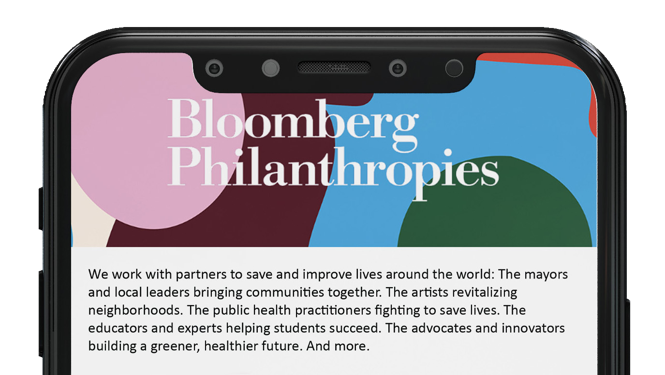Public Health
Ensuring safer, longer, healthier lives through proven strategies
Every year, millions of people around the world die from preventable causes – including tobacco use, road crashes, lack of access to reproductive health and emergency care, and noncommunicable diseases (NCDs). We must do more to prevent these deaths – and much of the time, we know what’s needed.
Bloomberg Philanthropies’ Public Health program focuses on work in cities and low- and middle-income countries to help save millions of lives by spreading solutions that have been proven to work. In each of these public health initiatives, Bloomberg Philanthropies forms partnerships with some of the world’s leading organizations to spread effective strategies and analyze data to further improve results. In addition, Mike Bloomberg serves as the World Health Organization’s Global Ambassador for Noncommunicable Diseases. In this role, he works to draw attention to and rally efforts to address the growing burden of noncommunicable diseases (NCDs) — chronic, noninfectious health conditions like cancer, asthma, and diabetes.
The Public Health program has also launched major efforts to take on the COVID-19 pandemic, including pivoting a number of existing initiatives to tackle the crisis.
Recent News
Reducing Tobacco Use
Tobacco use is the world’s leading cause of preventable death – and left unchecked, it could kill more than one billion people this century, most of them in low- and middle-income countries. But there are proven measures we can take to reduce smoking and help those who want to quit. Since 2005, Bloomberg Philanthropies has invested $1.58 billion to fight tobacco use, working with a global network of partners to prevent tobacco-related illnesses and save lives.
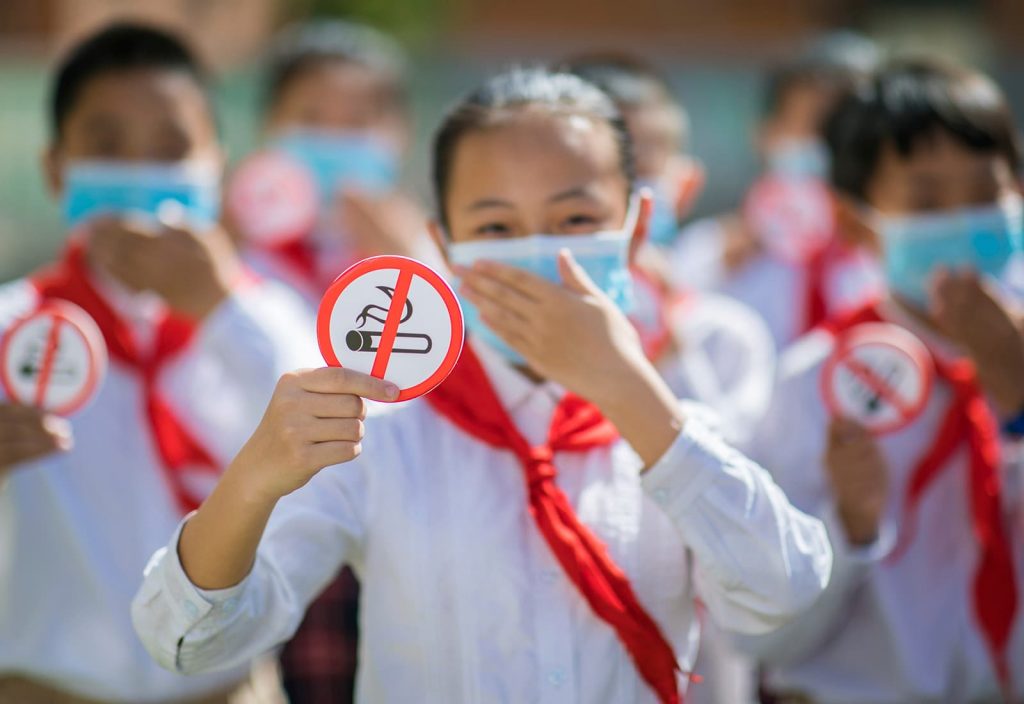
Promoting Healthy Food Choices
For the first time in history, being overweight is linked to more deaths than being underweight – an avoidable tragedy that also places stress on national health care systems and economies. The Food Policy Program is addressing this issue by raising public awareness of the problem and supporting policies to promote healthier diets.

Combating the Overdose Epidemic
Bloomberg Philanthropies is addressing the record number of overdose deaths in the United States and saving lives by supporting high-impact, state-based interventions that can be replicated around the country.
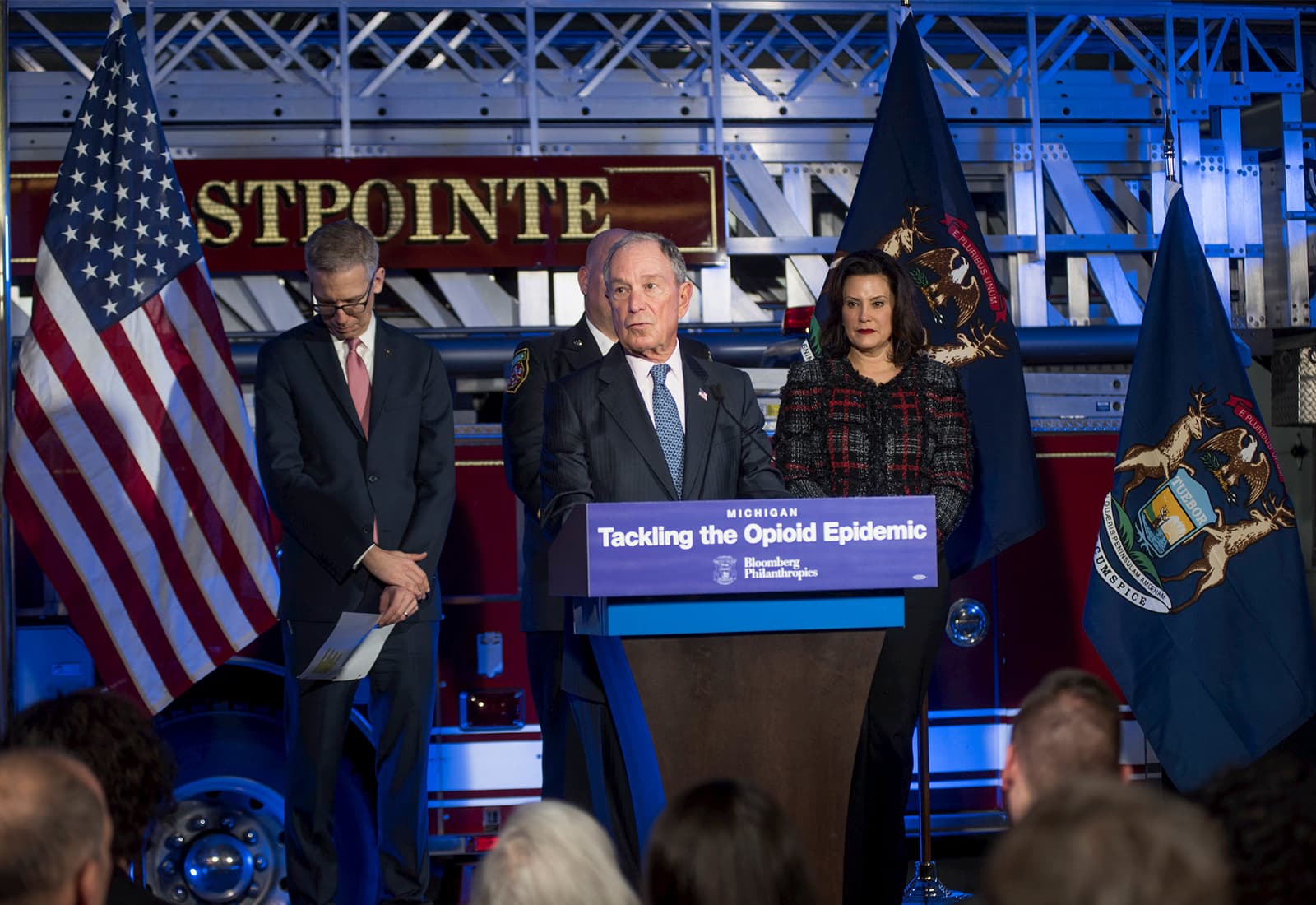
Increasing Access to Reproductive Health Care
Almost 300,000 women die from complications of pregnancy and childbirth every year, and for every maternal death at least another 20 women suffer from injury or illness, often with lifelong consequences. The vast majority of these deaths and injuries are preventable – yet pregnant women around the world continue to suffer because they do not have access to emergency obstetric care. Bloomberg Philanthropies works to address these needs by providing access to quality reproductive health services, and advocating for the provision of these services in the countries where we work.
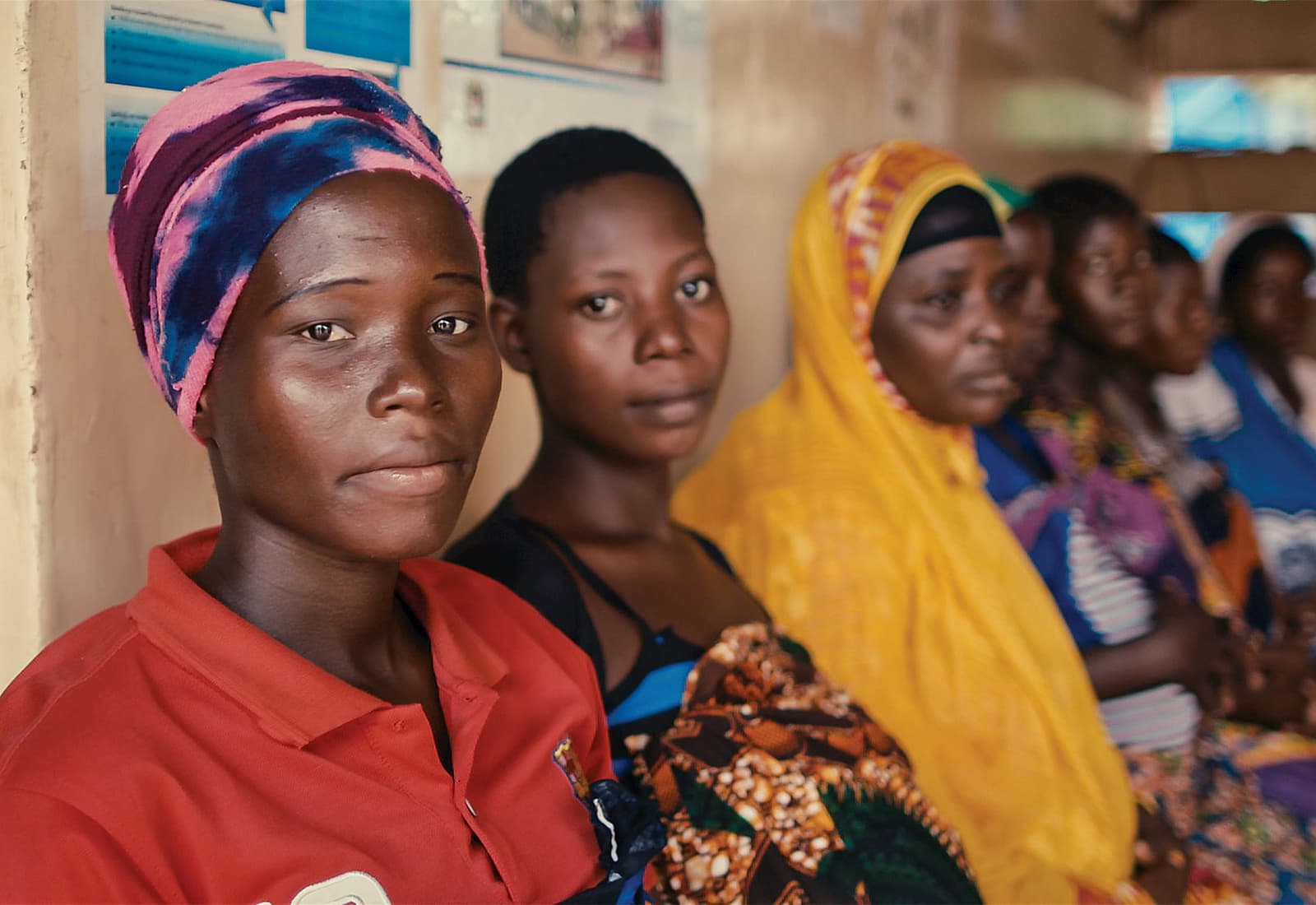
Promoting Cardiovascular Health
Nearly 18 million people die each year from cardiovascular disease, despite the availability of affordable and effective prevention and treatment. Bloomberg Philanthropies is tackling this global crisis to help prevent as many of these deaths as possible, with a focus on low- and middle-income countries where the majority of deaths occur.
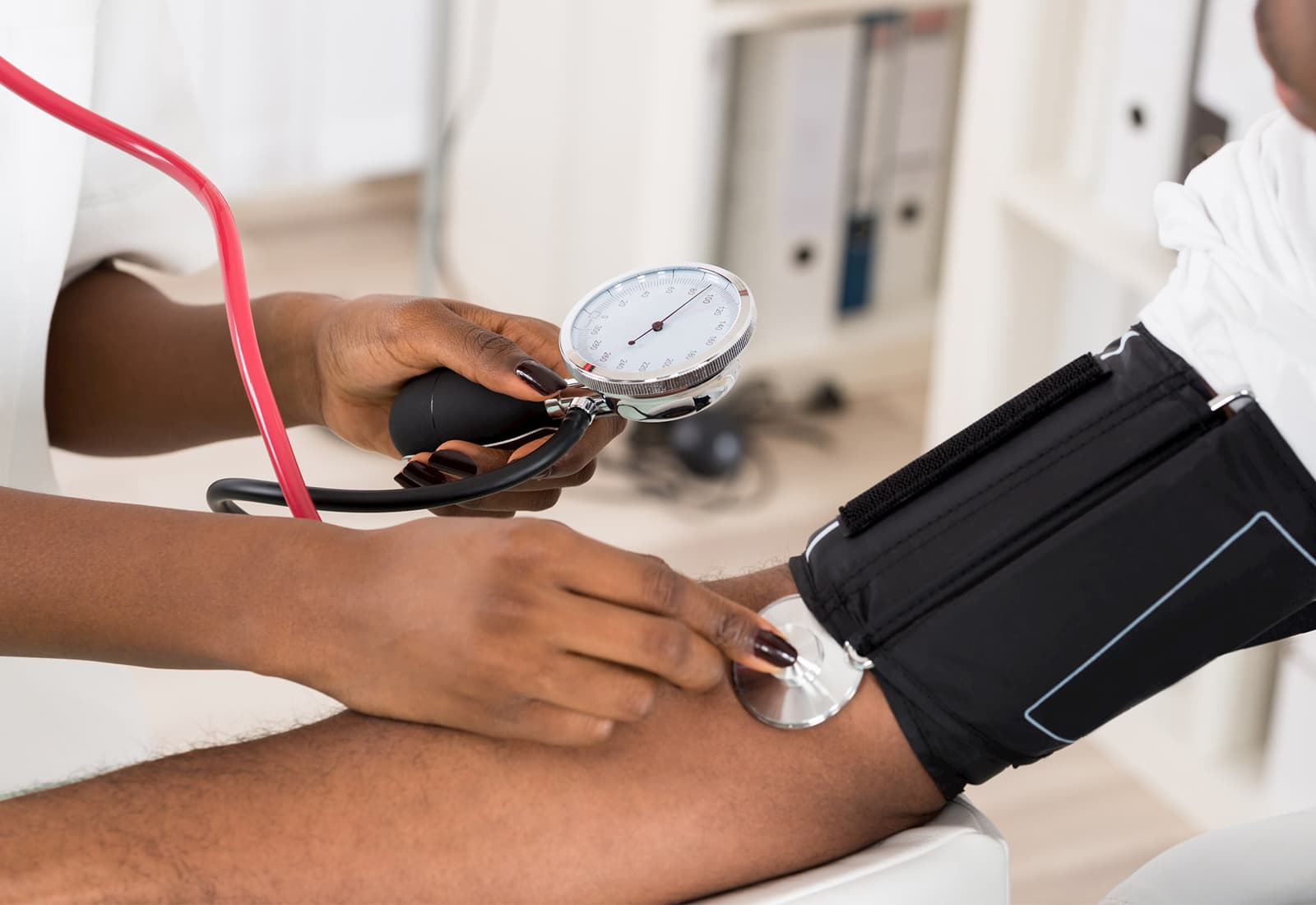
Preventing Drowning
Each year, more than 236,000 people drown. The majority are under 30, with children under four at the highest risk. So many of these deaths – and the heartbreak they cause – can be prevented. Bloomberg Philanthropies is working in some of the countries where drowning takes the heaviest toll, and helping ensure that effective strategies are spread globally.

Improving Road Safety
Each year road crashes kill more than 1 million people and injure as many as 50 million people. But combating road traffic injuries – the 12th leading cause of death globally and the number one cause of death among people ages 5-29 – has not gotten the attention it should. The Bloomberg Philanthropies Initiative for Global Road Safety works in low- and middle-income countries and large cities that have a high burden of road-related fatalities to implement proven safety measures and advocate for stronger policies.

Building Public Health Coalitions
Partnerships are a key part of Bloomberg Philanthropies’ approach in every area. Mike Bloomberg and Bloomberg Philanthropies help to lead a number of global groups that are working to spread effective strategies to improve health, advocate for smart policies, and reduce preventable deaths.

Strengthening Health Data
Today, approximately half of all deaths in the world go unrecorded; accordingly, health policy decisions are often based on inadequate information. Data for Health, co-funded by Bloomberg Philanthropies, the Australian government, and the Bill & Melinda Gates Foundation, partners with low- and middle-income countries to improve public health data and use of data for policymaking.
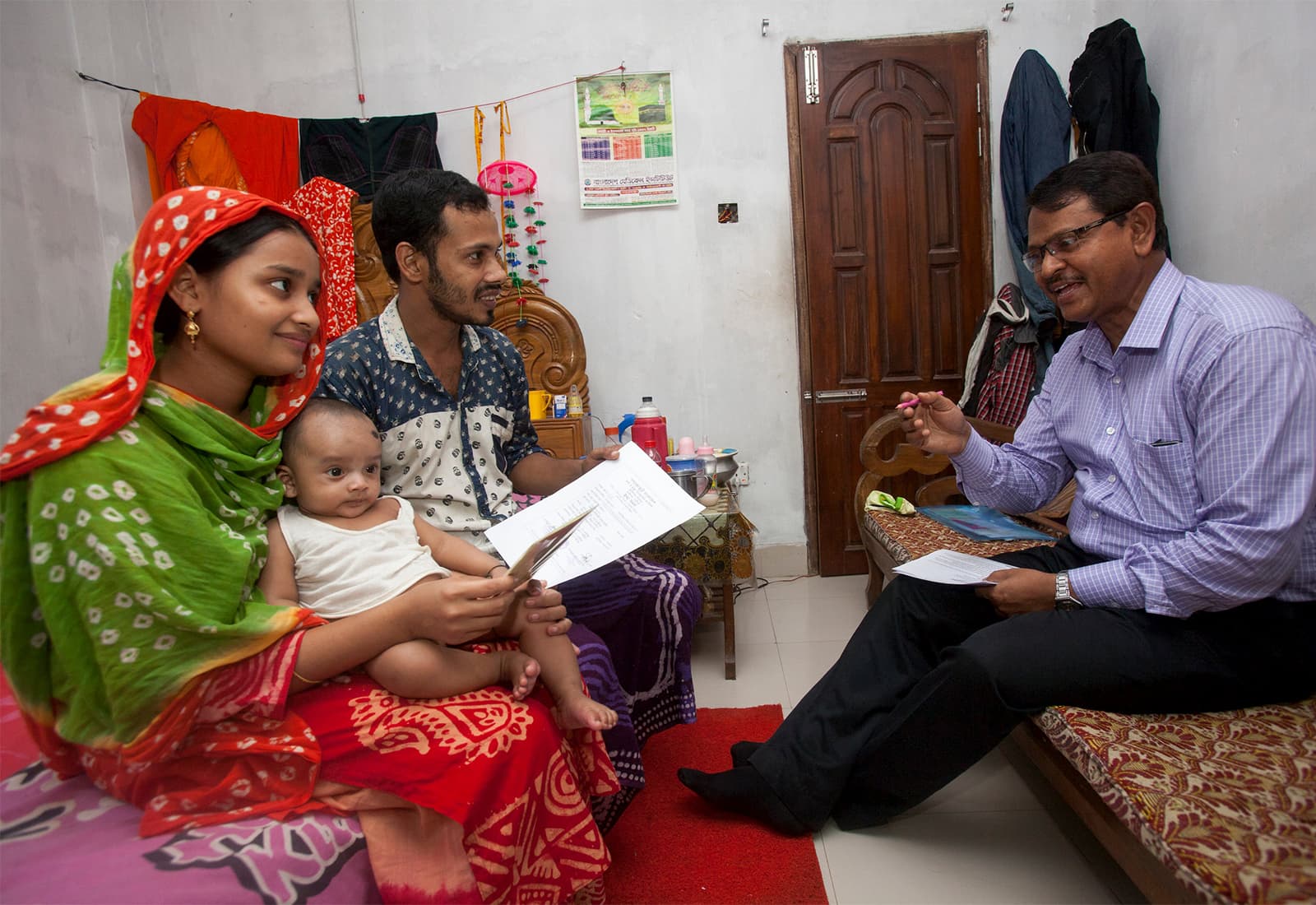
Responding to COVID-19
Bloomberg Philanthropies partnered with public health professionals, local leaders, and organizations to accelerate the fight against COVID-19. Our multi-pronged response included immediate support in African and at-risk low- and middle-income countries, a robust platform of resources for mayors and other local leaders around the world, and support for social services and cultural organizations in the communities where our team lives and works.
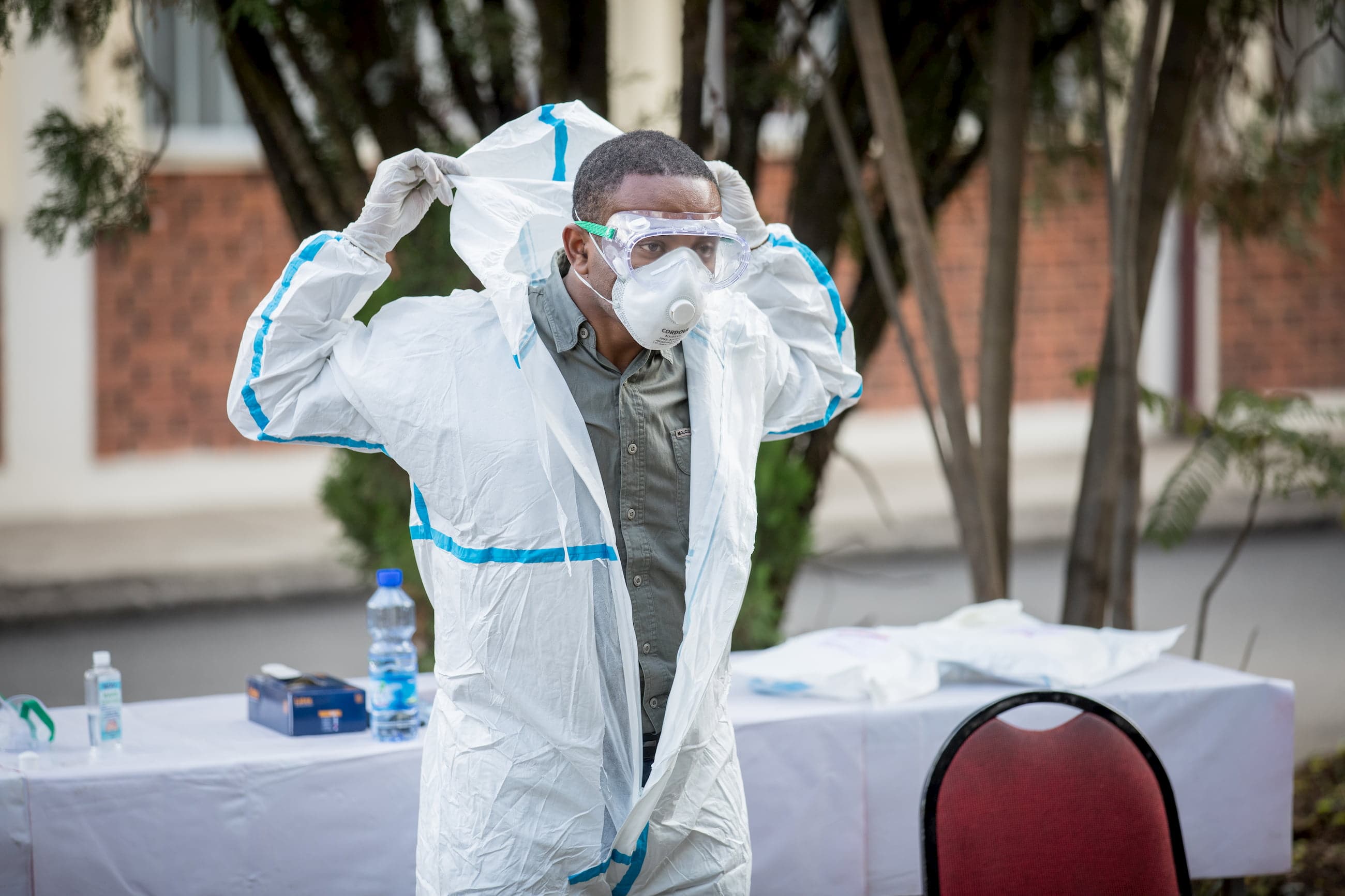
Eradicating Polio
Polio once cast a terrifying specter over most of the world. Now, wild polio seen in just two countries — Pakistan and Afghanistan — and is on the verge of being eradicated completely. Since 2013 Bloomberg Philanthropies has supported the Global Polio Eradication Initiative to finally rid the world of polio once and for all.
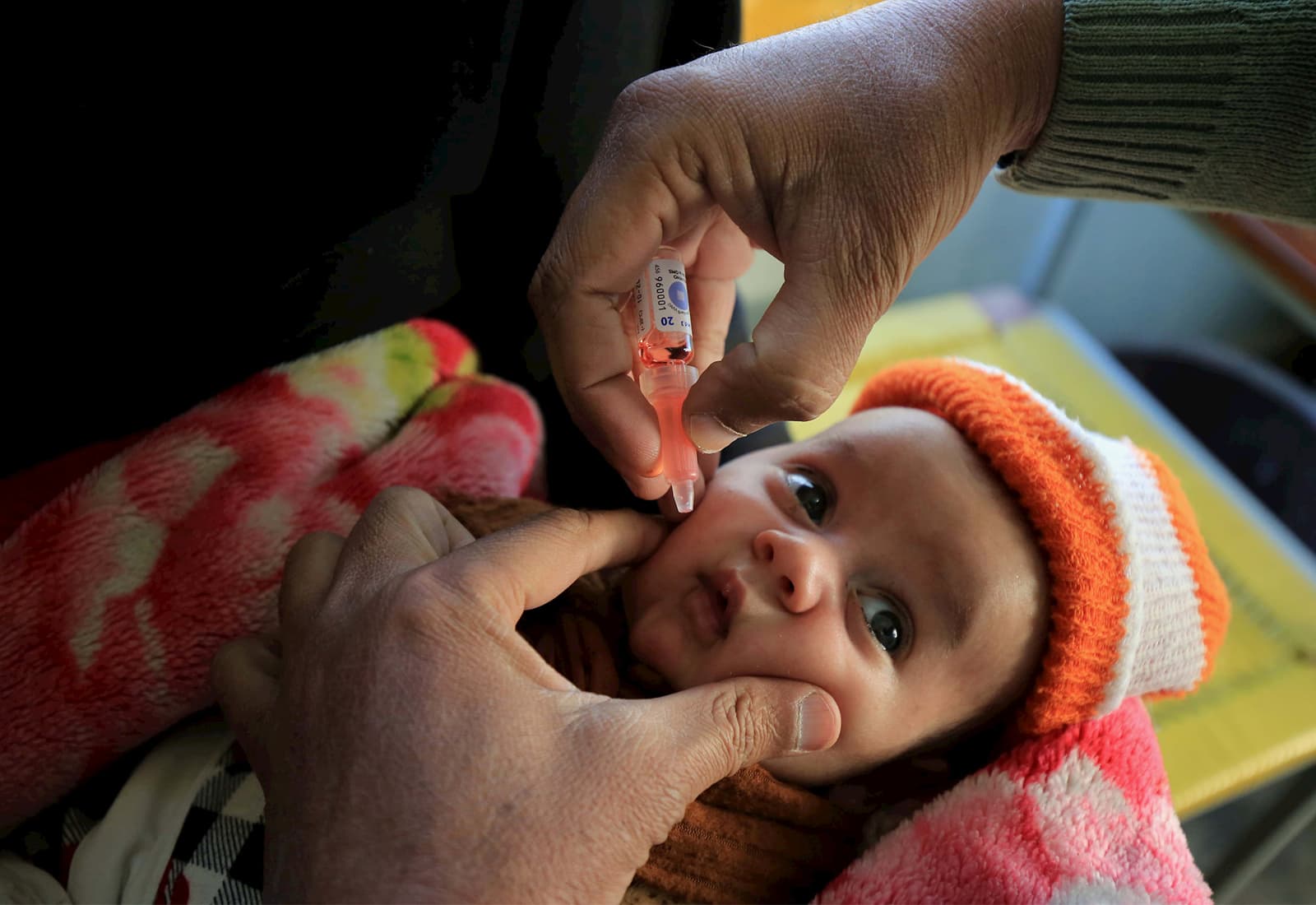
Supporting the Johns Hopkins Bloomberg School of Public Health
The Johns Hopkins School of Hygiene and Public Health, founded in 1916, was the first independent graduate school of public health – and over the past century the school has helped lead the way to breakthroughs that have saved millions of lives. In 2001, the school was renamed the Johns Hopkins Bloomberg School of Public Health in recognition of Mike Bloomberg’s financial support and commitment to the field of public health – helping to pave the way for another century of innovation and progress.
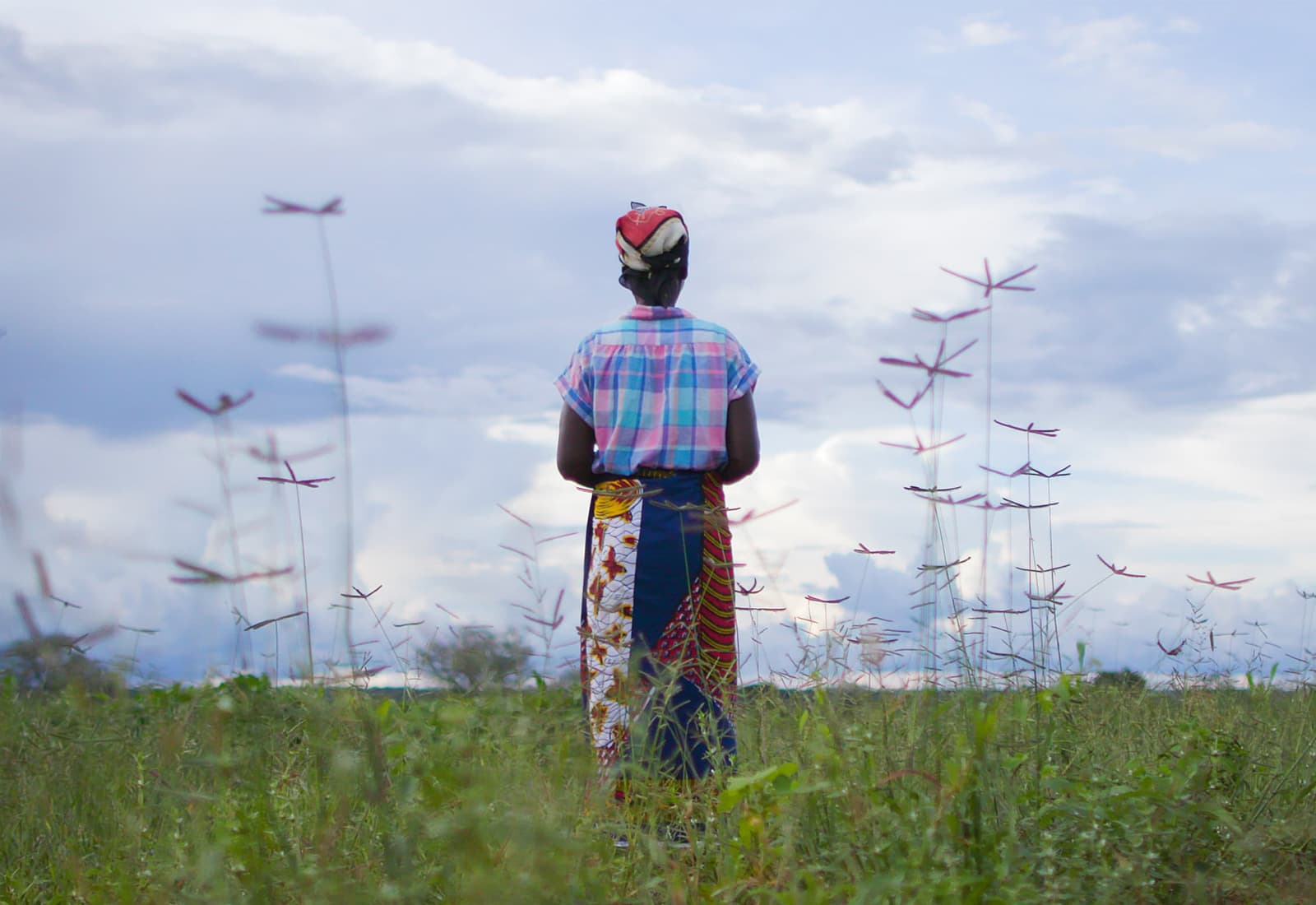
Top photo: The Johns Hopkins Bloomberg School of Public Health Malaria Research Institute, founded in 2001 with a gift from Mike Bloomberg, is committed to innovation in understanding, controlling, treating, and preventing this deadly disease.
